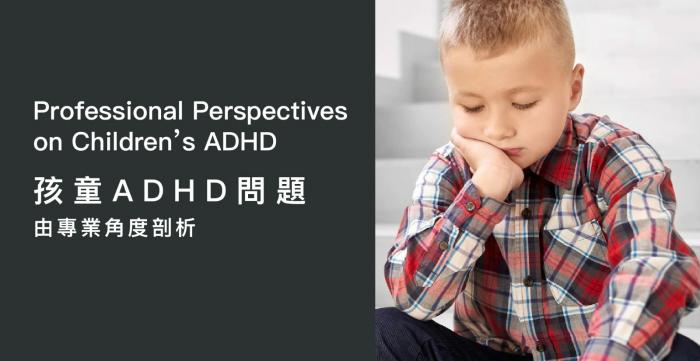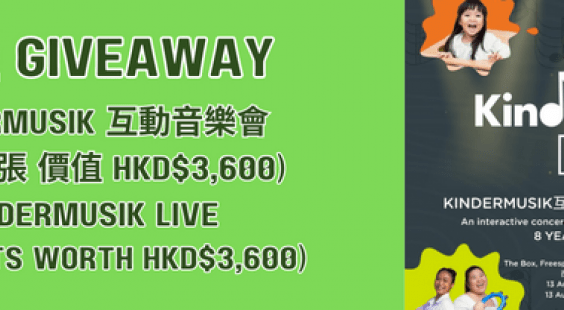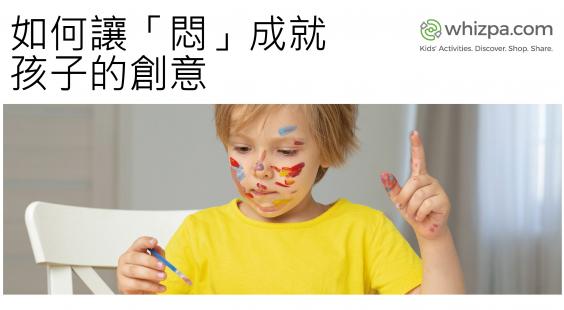
Professional Perspectives on Children’s ADHD
It is not uncommon that parents find their child is sometimes distracted, emotionally unstable, often in conflict with classmates, and inattentive at school. These behaviours may be a red flag of the child having ADHD. According to research, 3 to 7 out of every 100 children have ADHD, with a male to female ratio ranging from 4:1 to 9:1. What is ADHD? We have invited Emily Kwan, a Board Certified Behaviour Analyst (BCBA) and Clinical Director of Kids Connect, to answer our questions from a professional perspective on ADHD in children so that parents can take necessary action to help their children promptly.
What is ADHD?
Emily: ADHD stands for Attention Deficit Hyperactivity Disorder. It is one of the most common neurodevelopmental disorders, which is often first diagnosed in childhood and leads into adulthood.
What are the symptoms/behaviour seen in a child with ADHD?
Emily: There are three different ways ADHD presents itself, depending on which group of symptoms is the more robust presentation of the individuals. The first type is ADHD - Predominantly Inattentive (ADD). A child with ADD may find it difficult to organize or finish a task, pay attention to details, or follow instructions or conversations. The individual can be easily distracted or forgets details of daily routines.
The other type is ADHD - Predominantly Hyperactive-Impulsive (ADHD). This is characterized by poor impulsive control, overtalkative but not listening and finding it hard to sit still and self-regulate. Younger children may be fidgeting a lot, feels restless, and often acts impulsively such as interrupting others. It is challenging for that child to wait for their turn, share or follow directions.
The third type is a combined presentation, Combined Type ADHD, where the child shows a mix of both hyperactive-impulsive and inattentive behaviours.
What should parents do if they think that their child has ADHD?
Emily: Parents should seek formal assessments done by professionals, such as developmental pediatrics, pediatric psychiatrists, clinical psychologists, or educational psychologists. There are also many online resources, although these are intended as a guide, they can also help you understand if your child is displaying some of the ADHD symptoms.
How does it affect children?
Emily: ADHD can affect children in various ways in different settings. Academically, it affects a student's ability to focus, sustain attention, attend to instructions or put the necessary efforts into schoolwork. Socially, they may also have difficulty sharing, taking turns, listening, and attending to social cues. They may also find it hard to sustain their attention in conversations and manage their emotions when interacting with their peers.
Since children with ADHD are often impulsive, hyperactive, or inattentive than expected of their age, it often leads to more pressure on the parents. There may also be more conflicts and relationship problems among siblings and family members. Thus, parents are required to be more patient and understanding.
Is there any positive effect of ADHD in children?
Emily: Many individuals with ADHD have an abundance of energy and have some very creative sometimes. They may have more unconventional ideas on the topics they are interested in. Some children think ADHD children are creative and funny!
How can parents support their ADHD kid?
Emily: Children with ADHD have functionally different brains from those of other neurotypically developing children. Parents must understand and accept that their children are more prone to impulsive behaviours. Despite that, they are fully capable of learning what is acceptable or not. Therefore, behavioural techniques must be in place to understand their responsibilities and the consequences of their actions. These principles must be consistent and should be followed across settings to maintain an optimal level of self-regulation.
Behavioural principles aim for your child to pause and consider the consequence of their impulsive actions. Parents should reinforce and facilitate with patience, empathy, affection, energy, and strength. The best way is to have these ground rules agreed upon in advance after discussing with their children. The rules should be written clearly and made visually available as reminders for the children.
Creating structure and making a routine for your child are often helpful. For example, establishing the rituals and house rules around meals, homework, playtime, and bedtime; and acknowledging them for following these routines smoothly and independently can help build their self-management skills. Besides, teaching your child to break tasks into manageable pieces would be a very practical skill for them. Tangible rewards or recognition for their good behaviour can motivate the children to follow the agreed rules.
Individuals with ADHD often have less dopamine which affects how their attention system is regulated. As physical activities boost neurotransmitters dopamine and norepinephrine secretion, it's recommended to conduct enough physical activities to improve children's concentration and executive functioning effectively.
What treatments are available in Hong Kong?
Emily: Behavioural modification, cognitive behavioural training, and medication are common treatments in Hong Kong. For the most optimal results, these treatments often go hand in hand. For example, when a child is more regulated with medication, the child can better attend to and adhere to behavioural modification. The need for medication can be re-evaluated when a child develops better self-regulation. Some dietary interventions for children with ADHD include limiting saturated fats and sugar and consuming diets rich in fruits, vegetables, whole grains, and lean proteins.
What and when should medication be given?
Emily: There are two types of stimulant medications, methylphenidate, and amphetamine, but the medication route should always be discussed and decided between the affected individuals and their physicians. The active ingredients and the dosage should be carefully evaluated and monitored.
Will children grow out of ADHD eventually after proper treatment?
Emily: There is no conclusive data from the research regarding the prognosis. Some research indicates that children affected by ADHD continue to show the symptoms when they become teenagers. However, individuals with ADHD often acquire different strategies over the years to help them cope with everyday challenges. Therefore, they also can lead normal lives like everyone else with appropriate coping strategies.
About Kids Connect
Kids Connect is a centre that provides tailor-made programs for children from ages 2 - 12. With the basis of behavioural principles and social thinking framework, the program assesses each child's strengths and challenges and then develops specific target skills. The children are reaching their developmental goals through systematic and personalized methodologies.








